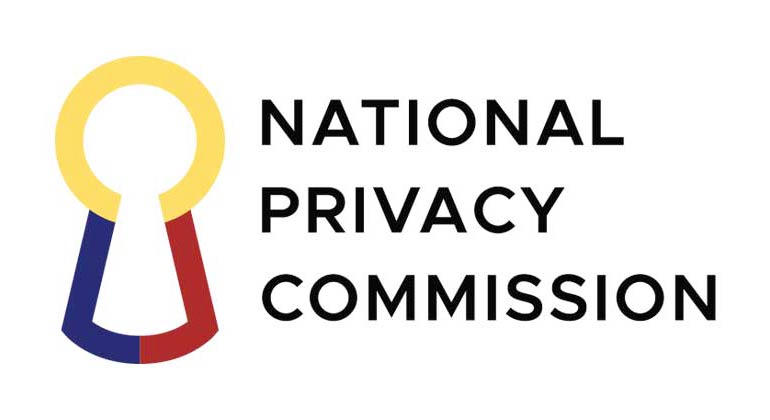
THE National Privacy Commission (NPC) has a written a letter to the Employers Confederation of the Philippines (ECOP), criticizing the business group’s request to suspend data privacy rules for contact tracing.
ECOP President Sergio R. Ortiz-Luis Jr. has been recommending that the government identify people who have tested positive for the coronavirus disease 2019 (COVID-19), encouraging close contacts to disclose exposure and minimizing government spending on contact tracing.
Several business groups last year asked the government to suspend the Data Privacy Act of 2012 protecting patient confidentiality during the pandemic and transfer the funds for contact tracing to repurposing schools as quarantine facilities.
NPC Commissioner Raymund E. Liboro said there is no scientific basis supporting the premise that suspending provisions of the law would be an effective anti-pandemic measure.
“On the contrary, in a study of the World Health Organization, social stigma associated with COVID-19 negatively impacts the pandemic response since it drives patients to hide their illnesses to avoid discrimination, prevents people from seeking immediate healthcare, and discourages them from adopting healthy behaviors,” he said in a letter to ECOP dated July 30.
“Our experience last year is telling. We have seen incidents of discrimination, online bullying, stoning, physical assaults, and even chemical dousing incidents against suspected COVID positive individuals — all of which are more harmful than the virus itself.”
The commission said the Data Privacy Act allows for and does not hinder the processing of personal and sensitive personal information for contact tracing.
Mr. Liboro said no jurisdiction in the world has so far suspended data privacy rules for contact tracing.
“Contact tracing requires an in-depth investigation and a systematic process of identifying contact points, performed only by trained experts. The ECOP’s suggestion for a do-it-yourself (DIY) contact tracing is not a methodology backed by science, nor experience,” he said.
Waiving privacy rights, he said, is “dangerous and may have far reaching implications beyond contact tracing and the pandemic response.”
In response, ECOP’s Mr. Ortiz-Luis said in a phone interview on Friday that “you might not find any scientific basis, but simple common sense will tell us that we are having difficulty with contact tracing…”
“We are spending billions for contact tracing when by simply suspending only that part of the Data Privacy Act that will be used for contact tracing will make sense to save lives, to save money for the country,” he said. — Jenina P. Ibañez



